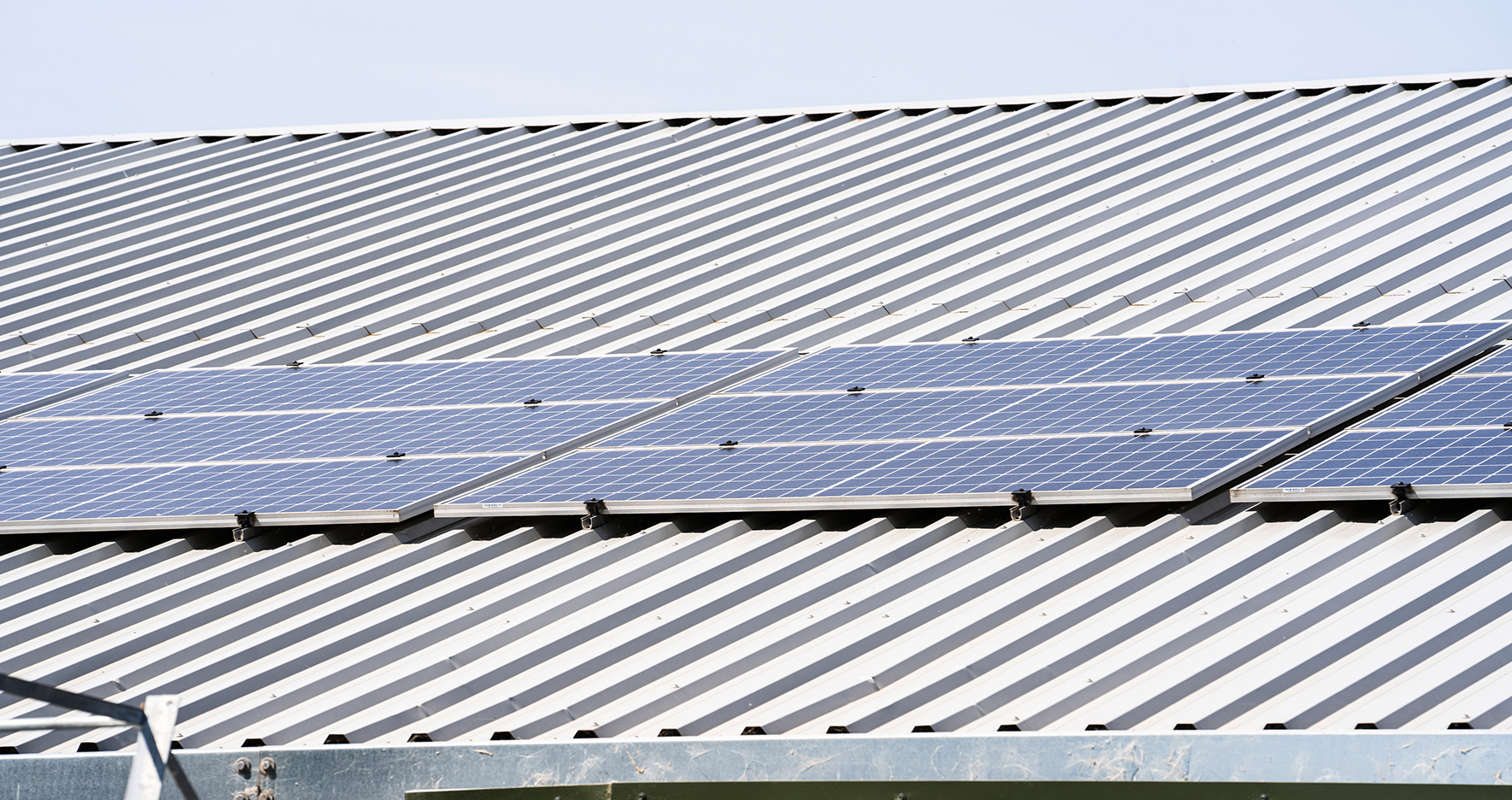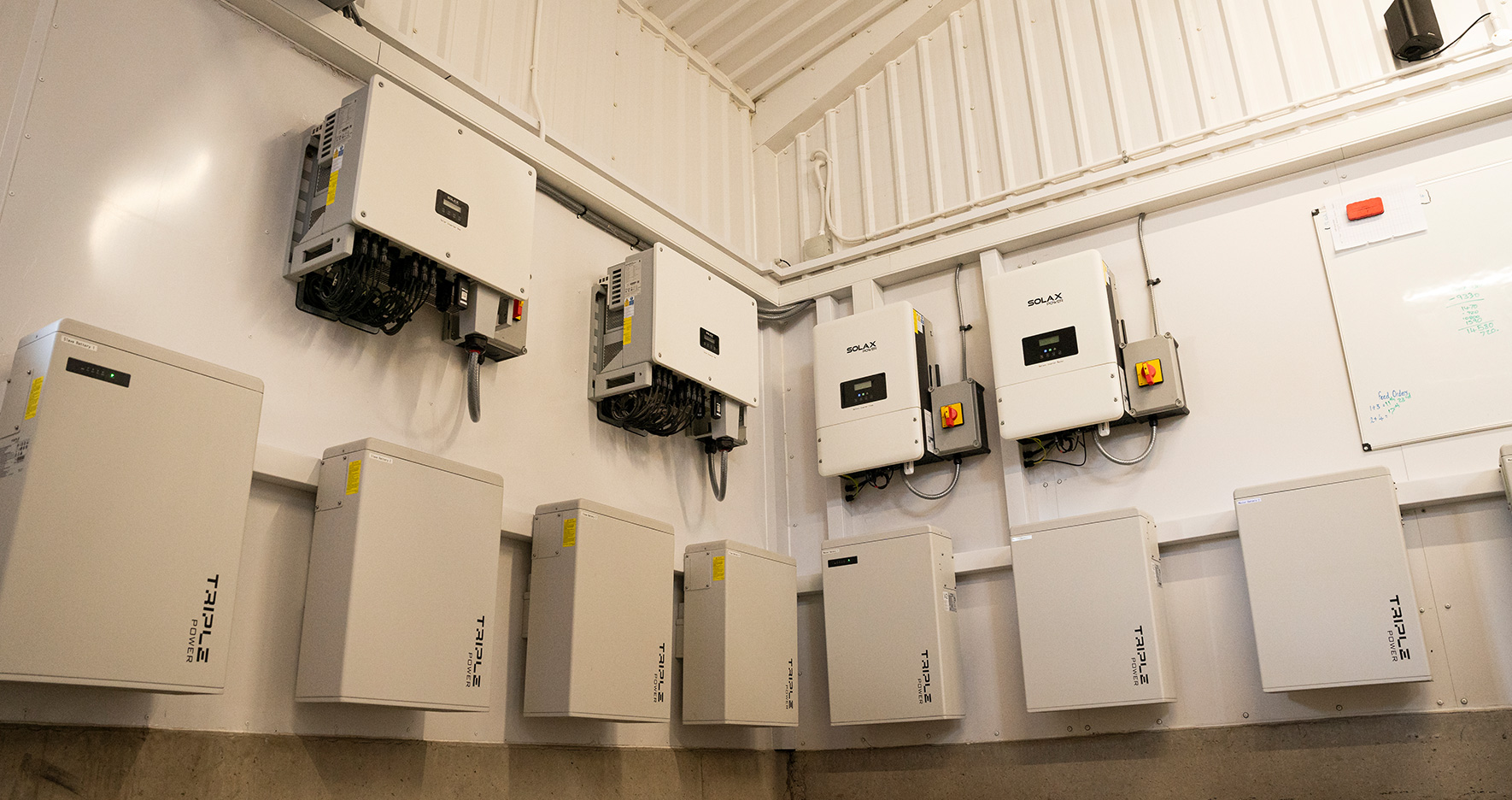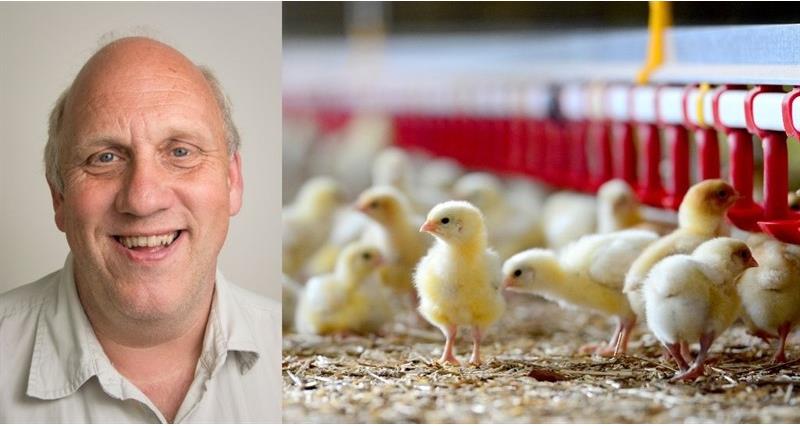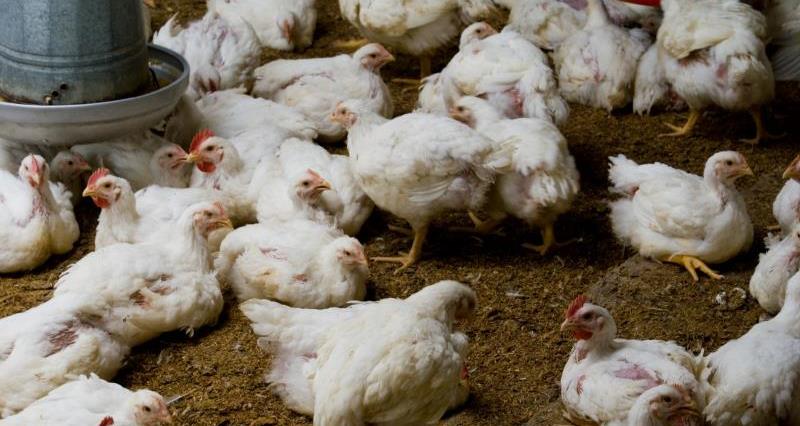Keeping more than 128,000 free-range laying hens across four sites means that farmer Ivory Arden’s electricity needs are constantly growing.
Along with her brother Caleb, their use of solar panels and battery storage has futureproofed their business against rising energy costs and reduced their carbon footprint.
Ivory and her large family diversified their Lincolnshire mixed arable, potatoes and livestock venture into poultry in 2015, growing from their first flock of 30,000 free-range laying hens to 128,000 across four sites, all within nine years.
While their farm has already invested in renewables such as wind turbines, tree planting and CHP (combined heat and power) units, the combination of solar panels and battery storage is their latest step towards net zero.
‘We’re always looking for new ideas’
“We’ve always been conscious with our renewables on our poultry sites,” says Ivory.
“Electricity is being used all the time in the sheds, with the fans, muck belts and feeders constantly going and we have someone packing eggs every single day of the year. It makes sense to look at renewable ways of generating the electricity.
“We’ve tried to be as green as possible, and we’re always looking for new ideas. It also helps with costs, as well as keeping our business as up-to-date and as future-proofed as possible.”
“Solar is the obvious thing to do, but people might not invest in batteries as well, as it’s still fairly new.”
Caleb Arden
While Ivory has had solar panels across her sites for some time, she and Caleb decided to invest in battery storage when building their newest site.
The combination of rising energy prices over the past few years and the loss of grants and subsidies made it an easy decision.
“A few years ago, when the energy prices spiked and egg prices were down, we were lucky because we’d already forward planned and had renewables in place,” says Ivory.
“Without them, our electricity would have been an added cost on top of all that change. We would be suffering and I know a lot of people did suffer,” she added.
121968,121970
“We had seven years’ worth of data on our energy consumption, so we could work out what we were trying to achieve before the shed was built,” says Caleb. “We scaled to what we thought we needed on the solar side and thought that it made sense to have batteries.
“Solar is the obvious thing to do, but people might not invest in batteries as well, as it’s still fairly new and can appear as a mediocre return. I think it’s better than mediocre,” he added.
An efficient solution
Across their poultry site, 162KW of energy (at peak) from 352 solar panels is generated directly to the chicken sheds.
Overflow solar energy is stored in the batteries, which have 46.4KW of capacity, and the energy is then used at night.
Once the batteries are full, any additional energy produced is exported and sold to a local energy company.
This means that Ivory and her family have utilised 57% of their own energy to run their chicken sheds and exported another 37% back into the grid.
From planning to installation, the project took under six months to complete. The birds’ welfare was their main priority when installing the batteries, and they were mindful of the potential risks of biosecurity and interference with back-up generators and other power sources.
Ivory and Caleb combated this by building on a new site where no birds were present while the extra people were working there. They also champion working with trusted professionals for installation and maintenance.
“Go out and get plenty of quotes as it can vary massively,” advises Caleb. “We chose a local company who we have worked with in the past. Go with people who you can trust, because it’s so important to get it right the first time.”
A balancing act
They have moved further towards business resilience by investing in automation.
“We’ve put robots in every single site,” explains Ivory. “It helps with our business resilience because it makes our labour more efficient and reduces risks such as disease control.”

Automated egg grading and stacking makes labour more efficient
Ivory and her staff grade the eggs into Class A and B, and the robots pack and palletise the eggs using an automated stacking system.
The eggs are then sent to the packing centre and distributed to Tesco.
“At peak, we’re sorting and packing around 30,000 eggs at this site per day. They’re constantly working while we’re working, which makes everything a lot quicker, more efficient and gives staff more time to do other jobs,” says Ivory.
When asked what advice they had for fellow NFU Poultry members, Ivory and Caleb recommended battery storage both for its climate-friendly credentials and ability to make your business more resilient.
“If you are able to invest in renewables and can get the planning in place, I would 100% recommend it to anybody,” says Ivory. “It’s a short-term high investment that gives long-term benefits and protection. If you summed up all the electricity that your chicken sites use, you would be saving a lot. I would also trial it on a smaller project before expanding it to all of your sheds, to see how it works for you and your energy profiling.”
It’s a balancing act of sustainability and financial viability, as Ivory and Caleb are currently considering whether to add more batteries and push their self-sufficiency to 70%.
With warranties ranging from 10 to 25 years on the batteries and solar panels, it’s reassuring to have a level of protection on their investment.
“We know that for the next 20 years of running our site, we’re not going to buy half the energy we normally would,” says Caleb. “If we were to do it now, it could take less than five years to see a payback for the solar and batteries.
“We’ve made ourselves more efficient, hopefully more profitable and a stronger business for it.”
Contact NFU Energy for advice about solar and battery technology.





